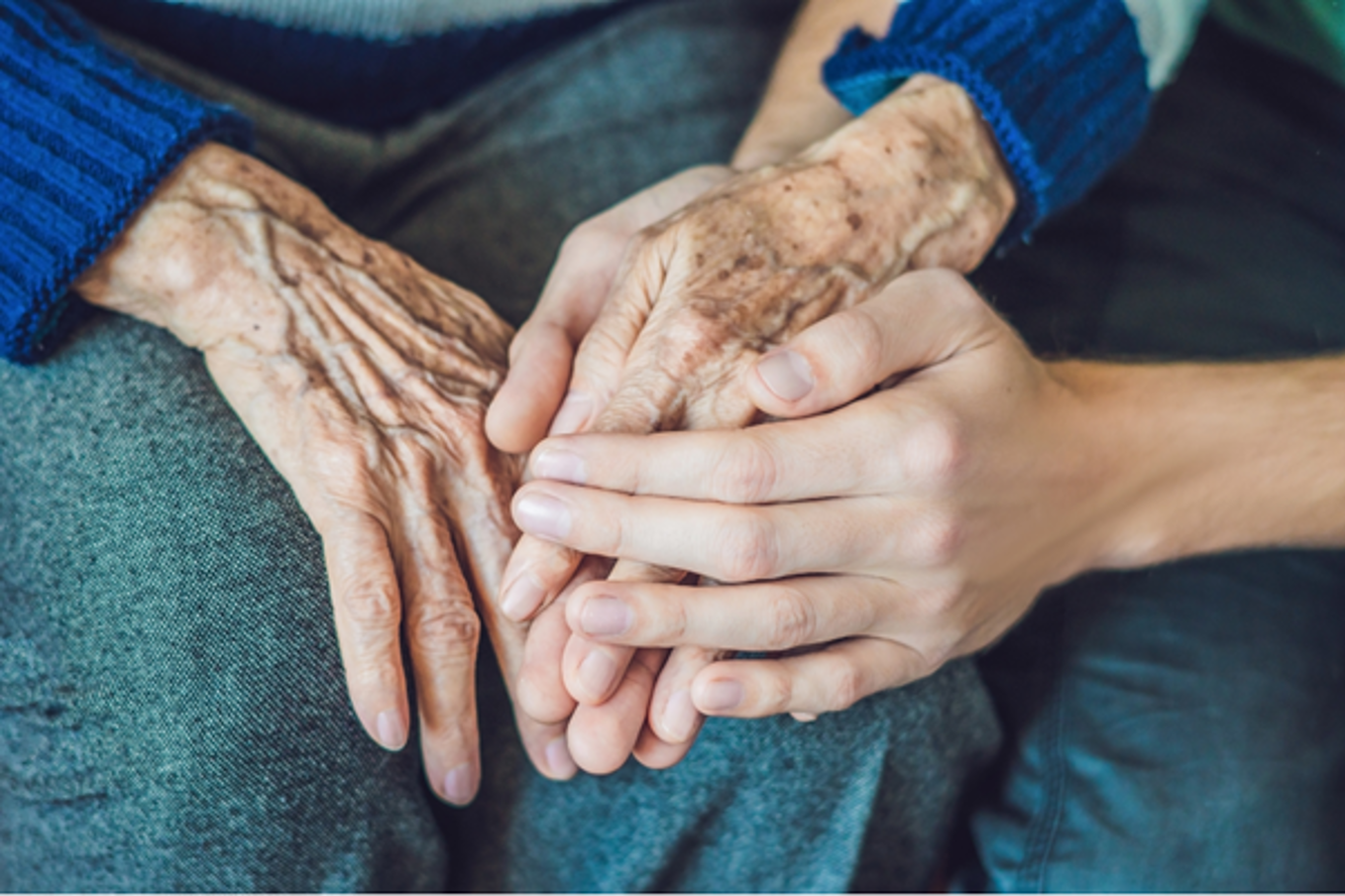Navigating the new aged care rules: What you need to know
07/05/2025

Big changes are coming to aged care in Australia – and they’re all about putting older people first.
After nearly 30 years, the Australian Government has passed a new Aged Care Act that will take effect from 1 July 2025. The overhaul follows recommendations from the Royal Commission into Aged Care, which found the old system was outdated and focused more on providers than the people receiving care.
So, what’s changing?
The new law introduces a rights-based approach to aged care, meaning older Australians will have stronger protections and more say in the services they receive – whether at home or in residential care.
Key changes include:
- A new Statement of Rights
This outlines every person’s right to independence, choice, quality care, privacy, and staying socially connected. - Supporters to help make decisions
Older people can formally appoint family or friends to help them understand information, make choices, and access care. - Stronger complaints process
An independent Complaints Commissioner will handle aged care complaints, ensuring better transparency and fairness. - Greater accountability for providers
Aged care providers will be required to meet higher standards, act in line with residents’ rights, and face penalties for poor care. - Whistleblower protections
Anyone — including residents, families, and staff – can safely report concerns without fear of punishment.
Changes to home care
From 1 July 2025, the new Support at Home program will replace the current Home Care Packages.
- There will be eight levels of support (up from four currently)
- A top-tier package worth up to $78,000 per year will be available
- Extra funding will support people needing short-term recovery care, end-of-life care, and home modifications
These changes are designed to help more older people live independently at home, for longer.
Changes to residential aged care
The Government is also reforming residential care to help improve quality and financial sustainability.
- Larger means-tested contributions may apply for new residents
- A higher, indexed price cap will be introduced for aged care beds
- Providers may keep a small portion of refundable accommodation deposits (RADs)
Importantly, clinical care will still be fully Government-funded, and the family home remains exempt from means testing.
The bottom line?
The new Aged Care Act is a major step toward more respectful, transparent, and person-centred care for older Australians. And while it may take time to adjust, these reforms aim to create a system that works better for everyone.
Need help understanding what this means for you or your loved ones? AgedCare101 is here to guide you through it all.














